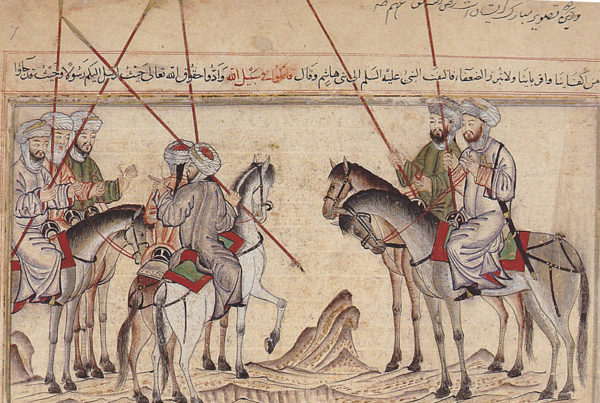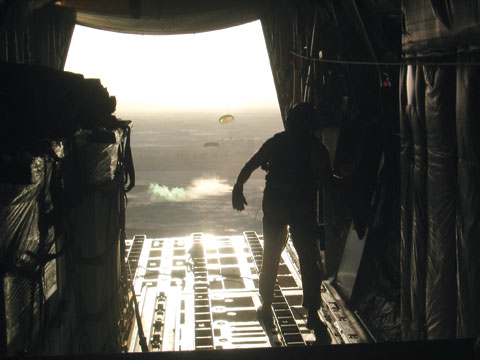Former Captain Semrau was charged with murder, attempted murder, failure to perform a military duty, and conduct unbecoming an officer in connection with the death of an Afghan Taliban fighter. He was convicted of only one charge; conduct unbecoming an officer, sentenced to reduction in rank from captain to second lieutenant, and dismissed from the Canadian Armed Forces.
This is his story. Yet, his words are the echoes of thousands of Canadian soldiers who have gone before from the Boer War to the War on Terror and all of the frustrations, danger and illogic that is a war zone. But also, his words speak to the moral and ethical issues of fighting a terrorist insurgency in a complex and strange environment.
There is drama here, leading a small team of Canadians Semrau is trying to work with and train an Afghan Army unit during operations. This means that often the team is out on the edge, away from the normal support that Canadian soldiers are used to. When a Canadian calls for help, it is despatched, from an Afghan unit perhaps slowly or not at all.
Bridging both the language and cultural divides that separate Semrau and his charges while continuing effective training and operations takes much determined effort and diplomacy laced with a dash of deception.
This is a first person account of a soldier and leader in Afghanistan who finds himself abruptly removed from the field and on trial at a court martial. The story he tells is a soldier’s eye view in a soldier’s voice, and the four and a half pages of abbreviations will help the reader through scenes that would be otherwise tedious. The story of his deployment moves quickly onward and through 19 salty chapters. Mr. Semrau sets the scene for the reader in the prologue and – in the end – what happened at trial in an epilogue.
The story itself describes his tour of duty including mortar attacks and going on patrol with all of the tension and fear and courage that manifests itself. He worries he might fail, yet works to support his own men, a small team of Canadian soldiers in a support training mission mentoring a kandack (battalion) of the newly established Afghan National Army (ANA). He describes patrols, artillery, and drone support missions that go awry through incompetence, miscommunication, sheer bad luck, or being last in line for assistance. His rage against the machine – when support is not forthcoming – is the same that every commander at every level has felt – and is expressed in graphic terms. This is the nature of war. It is in one of these stories that the title of this book is found, a potential “blue on blue” attack by Apache helicopters on him and his group. The author of this review can personally attest to the efficacy of Semrau’s actions as he did the same under very similar circumstances north of Kabul.
The foreword by Major-General Lewis MacKenzie begins with a quick summary of the Afghanistan situation and moves directly to address the incident for which Mr. Semrau was convicted, and how it was done through court martial. At the preface, Michael Friscolanti again goes directly to the murder charge.
Mr. Semrau devotes very little of his main narrative (19 lines out of 456 pages) to the actions for which he was charged and convicted and the reader must infer what happened and is left with – “The truth of the moment will always be between me and the insurgent.”
Accused of executing a wounded and dying Afghan fighter, Semrau’s defence maintained it was not murder and painted a picture of a “mercy killing”. But why was he then convicted?
The recent news of a Royal Marine convicted of murdering a wounded Afghan fighter is instructive. In this case a fellow soldier’s helmet camera recorded the entire incident. To anyone watching the video it is obvious that this was not a mercy killing. The marine shot the wounded man at close range with a 9 mm service pistol before appropriating a line from Hamlet: “Shuffle off this mortal coil, you c***. It’s nothing you wouldn’t do to us.” [1] There are now 11 different inquiries concerning deaths of prisoners in British military detention.
Only Mr. Semrau knows what was in his heart at that critical moment of his action. The court martial obviously saw mercy there. The thought of tolerating a Canadian officer dispatching the wounded on the battlefield, or in any way letting it be known that it would be tolerated is too much to bear – Semrau may be not guilty of murder but neither could he stay. What he did may have been morally right, but was it his decision to make? Take his journey through the book,book; maybe draw your own conclusions .
The ancient Greeks might say in the end he was guilty of the crime of hubris.








